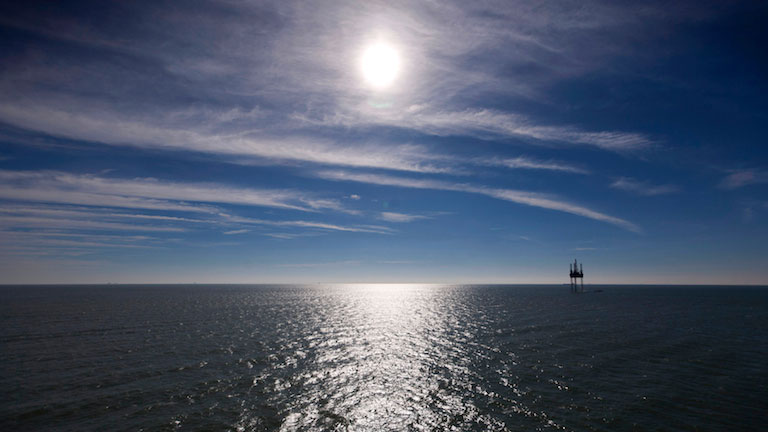Improving Safety

For years, federal efforts to regulate offshore oil and gas drilling have suffered due to cross-cutting purposes, pressure from political and industry interests, a deepening deficit of technical expertise, and inadequate resources for agencies that oversee offshore drilling, particularly the Minerals Management Service (MMS).
Congress and the Administration should create an independent safety agency within the Department of the Interior, headed by an official shielded from political interference by a fixed term. Furthermore, U.S. offshore drilling regulations and enforcement practices should be the most advanced in the world. These new regulations should be, at a minimum, at least as stringent as those regulations in peer oil-producing nations (such as Norway and the United Kingdom).
These new, updated regulations should be supplemented by a “risk-based” regulatory approach in the U.S. that requires all offshore drilling companies to demonstrate that they have thoroughly evaluated all of the risks associated with drilling a particular well (or other operation), and are prepared to address any and all risks pertaining to that well.
Adequate and predictable funding for regulatory oversight is essential for these reforms to be effective and to meet the challenges of ensuring offshore safety and environmental protection—precisely what Congress envisioned when the offshore leasing laws were originally enacted. Budgets for the regulatory agencies that oversee offshore drilling should come directly from fees paid by the companies that are being granted access to a publicly-owned resource.
